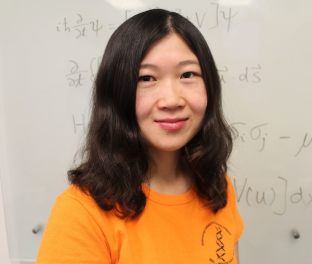Research Interests
The Yang lab is an interdisciplinary research program bridging the fields of biophysics, biochemistry, computational biology, developmental biology, quantitative systems biology, and the young field of bottom-up synthetic biology. The lab is broadly interested in understanding stochastic cellular and developmental processes and specifically how individual clocks are designed and interact to produce collective behaviors with spatiotemporal accuracy in embryo growth and patterning. Towards this goal, the lab has focused on both the development of techniques (including mathematical modeling, single-cell analysis, cell-free systems, microfluidics, biomechanics, and live embryo imaging techniques) and the application of these techniques to elucidate important biological questions. We integrate these approaches to quantitatively explore in vitro and in vivo model systems including synthetic cells reconstituted in microfluidic droplets using cell-free Xenopus egg extracts, single progenitor cells & their re-aggregated 2D and 3D populations through micro-contact printing, tissue explants, and live embryos of zebrafish. Currently, we pursue questions like how networks link to desired functions, how individual cells communicate to generate collective patterns, and how biochemical, biophysical, and biomechanical signals work together to shape morphogenesis during early embryo development.
DEI Statement
I strive to be a caring and intellectually stimulating mentor and create an inclusive, active, encouraging, supportive, fair, productive, and professional lab environment, where all members from diverse backgrounds enjoy working and interacting. A healthy lab environment relies on effective communication among lab members. I respect that each student has a different personality and working style, and thus I believe it is essential to be patient, flexible, inspiring, and transparent when communicating with students.

